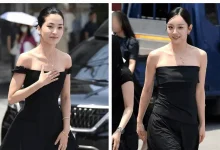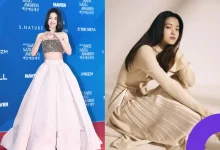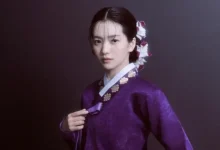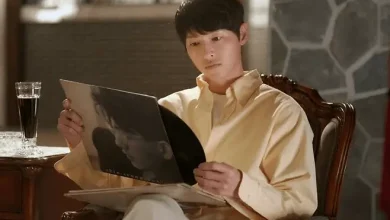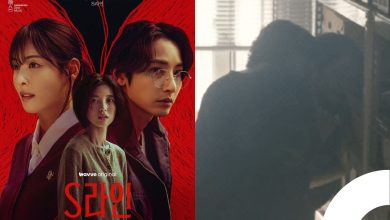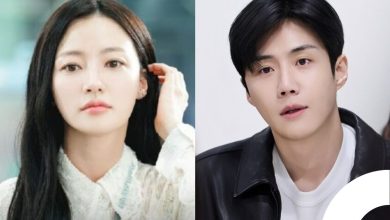Kim Tae-ri’s “Troublesome Protagonist Controversy” Was Just the Tip of the Iceberg “Collapsed Female Narrative &Original Destruction Mark the Limits of ‘Jeongnyeon'”
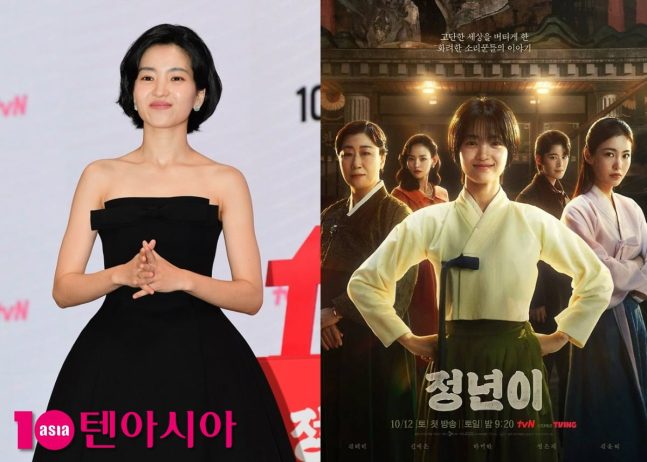
In the declining world of women’s traditional opera, the protagonist’s growth story disappeared without impact, and the depiction of independent women was ultimately reduced to narratives centered around marriage. What remained was a hollow ending, erasing the growth and success of the main characters.
tvN’s Sat-Sun drama “Jeongnyeon: The Star Is Born” concluded with its highest viewership rating of 16.5%, marking a successful finale. The drama garnered significant attention throughout its run with its fresh subject matter—women’s traditional opera—and showcased strong performances from actresses like Kim Tae-ri, Shin Ye-eun, Ra Mi-ran and Jung Eun-chae, alongside the unique spectacle of the opera stage.
However, “Jeongnyeon: The Star Is Born” faced challenges from the very beginning. Before securing its slot on tvN, MBC, which had previously reviewed the drama for scheduling, filed for an injunction to seize the production companies’ assets, citing violations of the Unfair Competition Prevention Act and damages from a breach of negotiation.
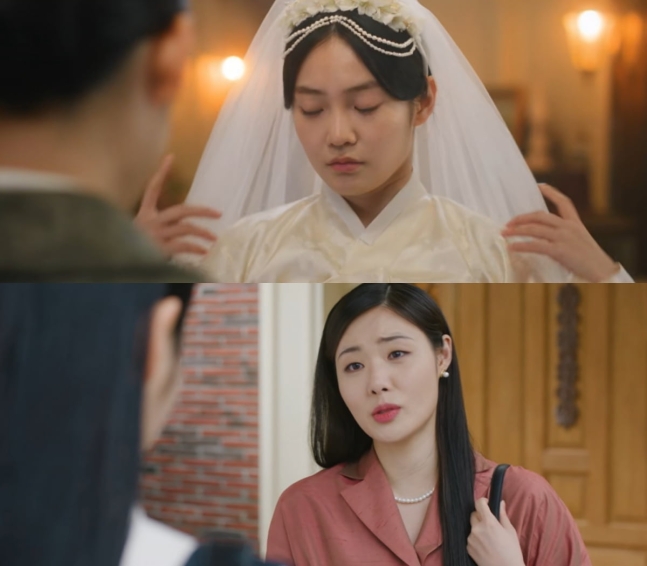
MBC claimed that despite actively participating in pre-production, including research, location scouting and casting, they suffered significant losses when the drama failed to secure a broadcast slot. However, the production companies countered “MBC never entered into any verbal or written agreements regarding ‘Jeongnyeon: The Star Is Born’, nor was there any explicit confirmation of scheduling”, bringing the controversy to a close.
The adaptation also faced criticism for removing queer elements. The character Buyong, who shared a subtle romantic connection with Yoon Jeongnyeon in the original story, was excluded. When accusations arose that the adaptation was unnecessarily altered to cater to viewers uncomfortable with queer themes, the production team explained that the vast content of the original had to be condensed into 12 episodes, and the character Buyong was inevitably omitted. They also stated that the emotional essence of the character Buyong would be incorporated into another character, Jooran, as the story unfolded.
Viewer dissatisfaction with the character Jeongnyeon was also significant. Criticisms arose over her meddlesome, self-centered behavior, which often inconvenienced those around her, disrupting immersion in the storyline. The polarizing nature of the “troublesome protagonist” made viewer reactions to the drama mixed.
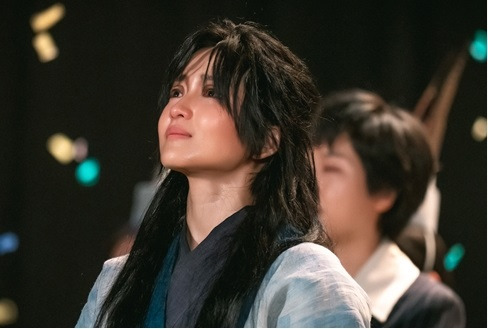
However, the most contentious issue was the ending of “Jeongnyeon: The Star Is Born”. Unlike the original, where Jeongnyeon, Yeongseo and Jooran become opera stars through the success of “The Legend of Twin Towers”, and the Maeran Theater Company moves into a new building for a happy ending, the drama opted for an open, sad ending. The epilogue depicted the decline of the opera troupe, with the members going their separate ways as Madangguk performers, singers and actors. Jeongnyeon, who became Maeran’s new prince, dropped the curtain after a single performance of “The Legend of Twin Towers”.
This was compounded by troubling plot points, such as Maeran Theater Company’s director Sobok (played by Ra Mi-ran) selling Maeran Theater Company’s building to a Japanese-style brothel to get money and Jooran leaving the opera for marriage to support her family. These developments undermined the previously built narrative of strong female characters. In the original story, Buyong’s refusal to marry and her reunion with Jeongnyeon symbolized a break from the passive roles imposed on women of the time, earning widespread acclaim. However, in the drama, both Jooran and Yeongseo’s older sister abandon their careers to marry, evoking a sense of futility. Furthermore, the depiction of Maeran Theater Company’s building turning into a brothel, purchased by a former company member who became a wealthy man’s second wife, was deeply uncomfortable.
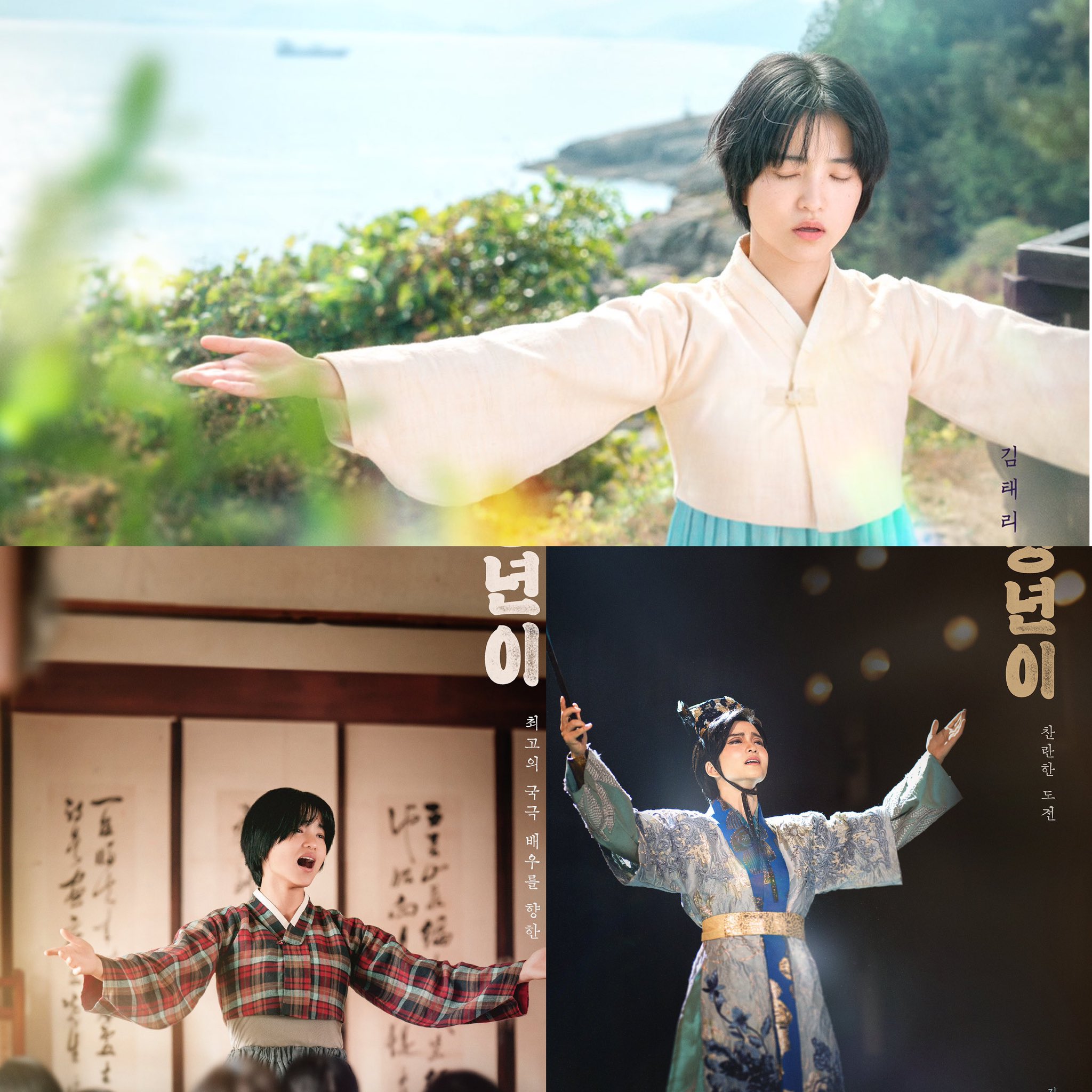
While it can be argued that such developments reflect the era, “Jeongnyeon: The Star Is Born” is a fictional drama. The original work was likely well aware of the historical context, yet it sought to break through it and present a narrative of women’s growth and empowerment. The original author’s hopeful ending was erased, leaving behind only the harsh realities faced by women. One can’t help but question whether this was the conclusion “Jeongnyeon: The Star Is Born” truly intended to deliver.
Source: Naver
